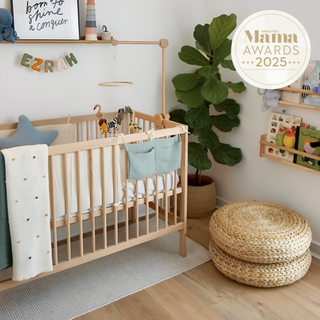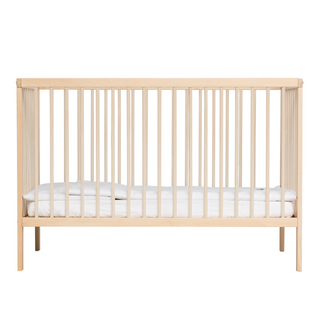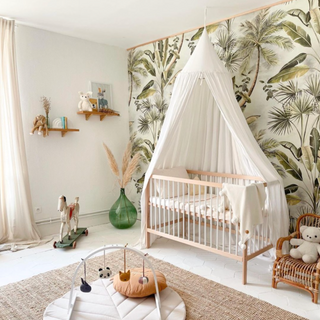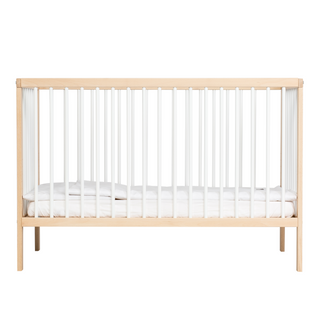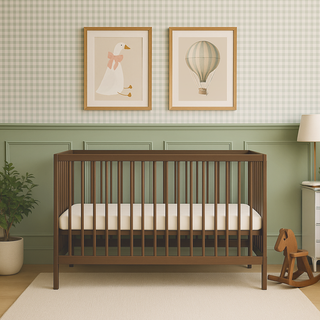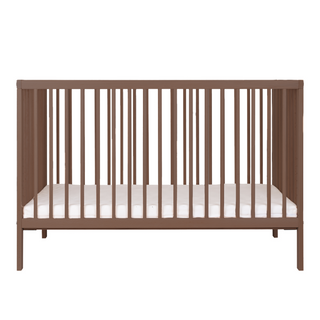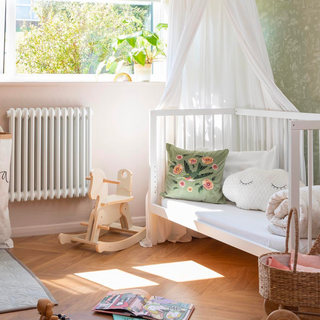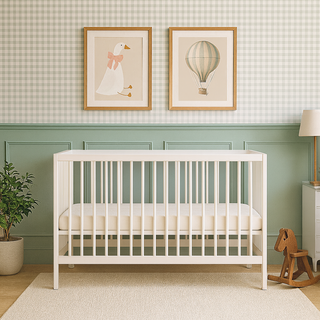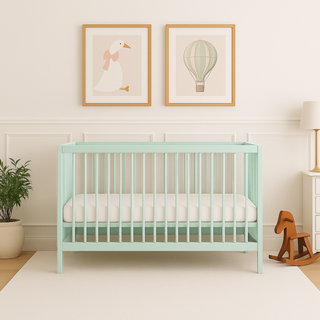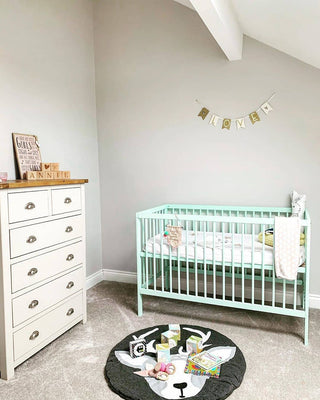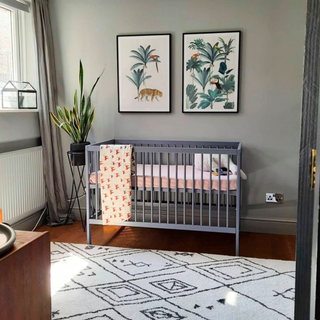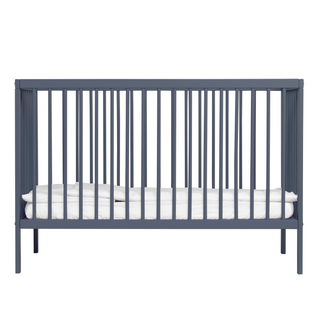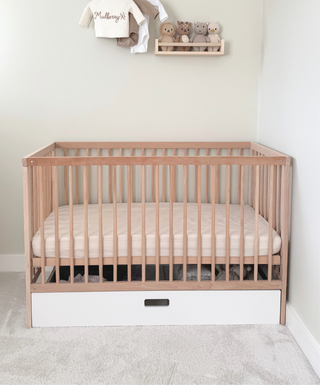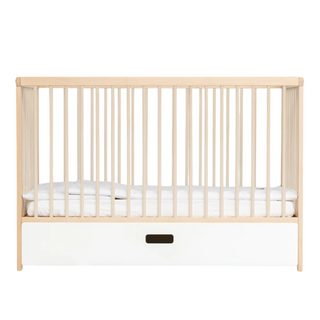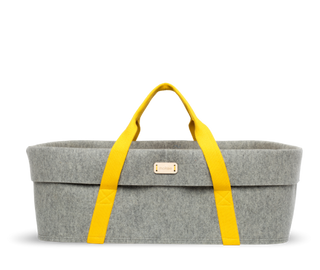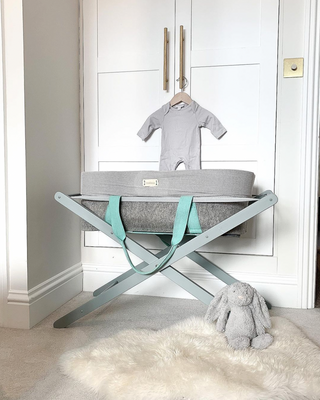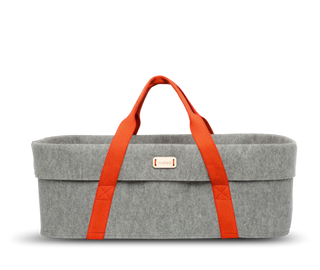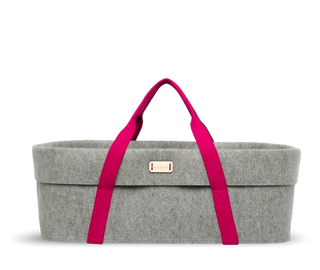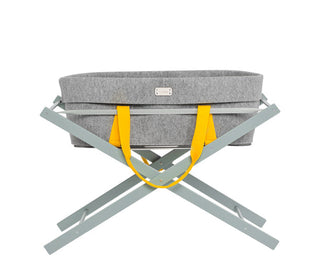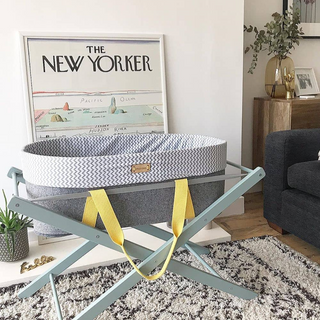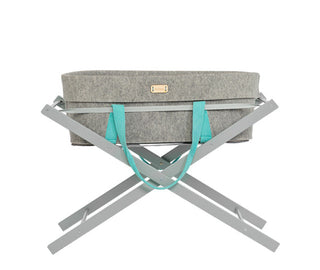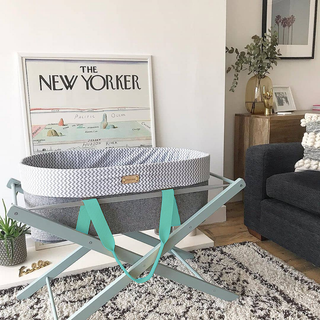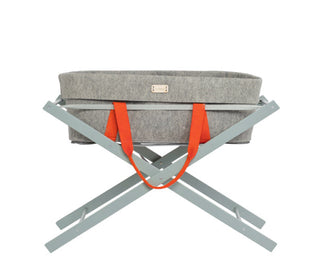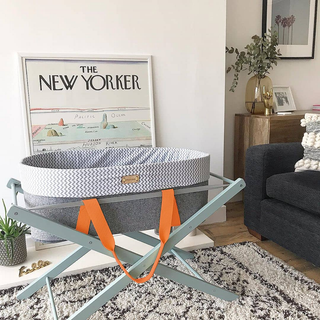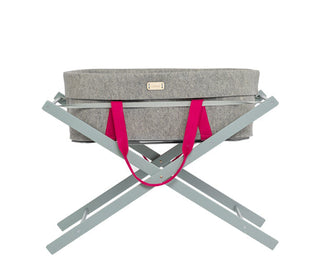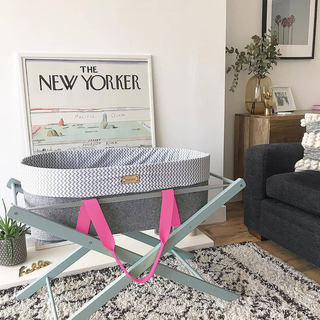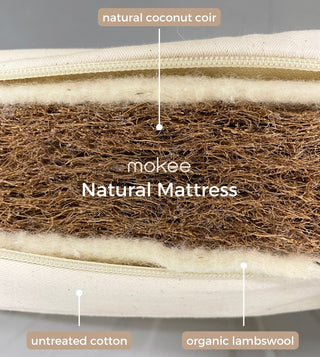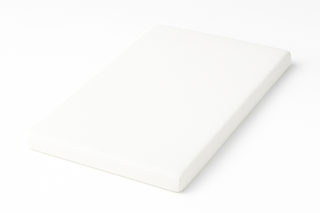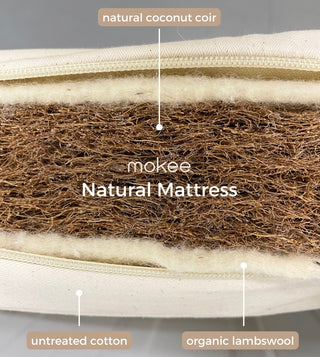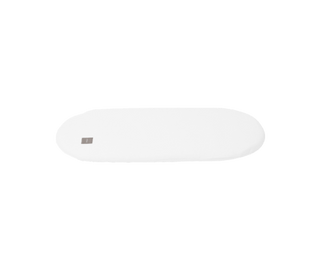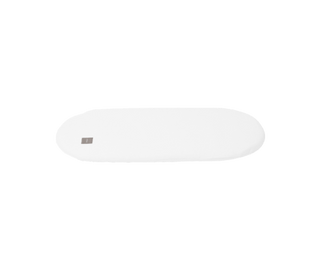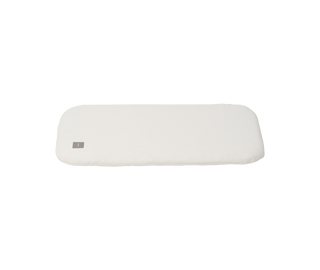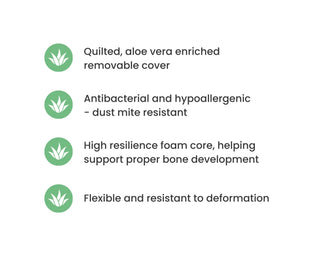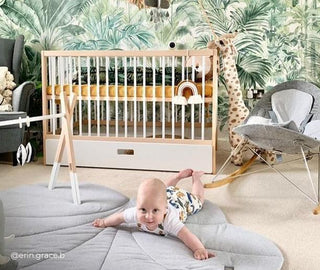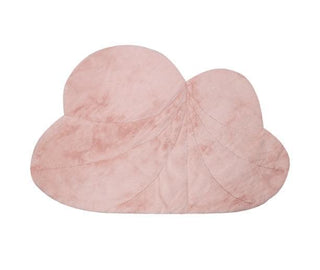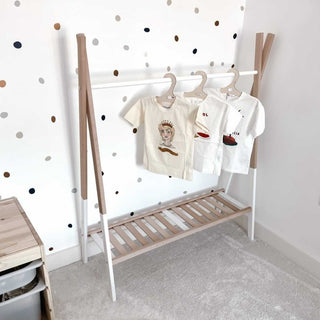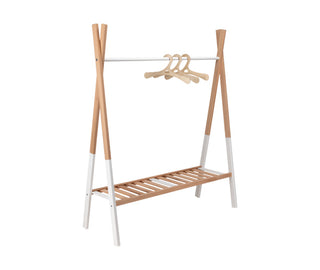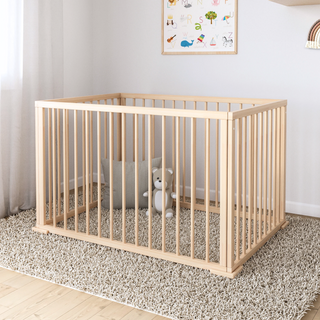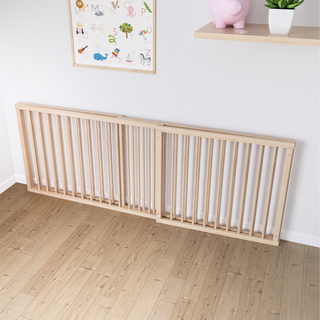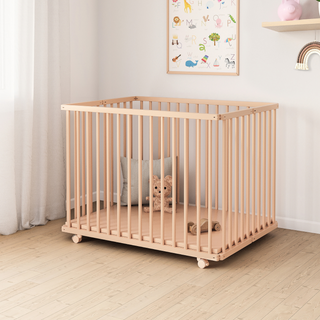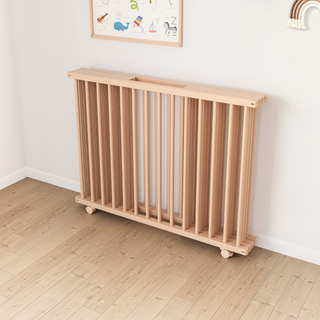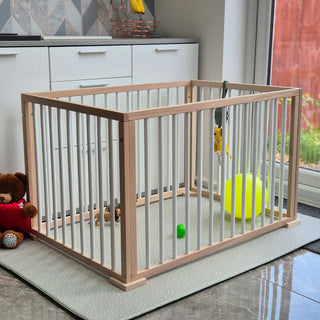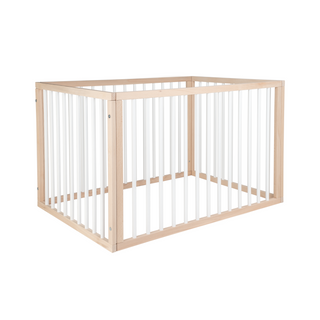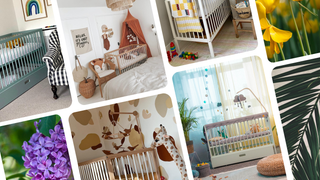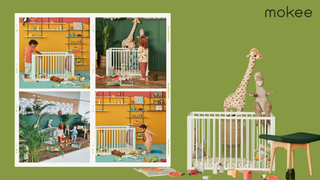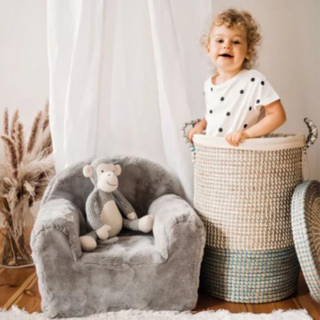6 min read
by Suzi Smith •
Newborn babies are incredible little creatures, they come out perfectly. When you see their perfect little faces you’ll be blown away. Here are some tips from Marie Louise, known as The Modern Midwife, to help you care for your newborn.
When babies are born it’s a whole new world for them, they’ve never heard clear voices, seen bright lights, breathed before and now they have been born into a whole new environment. It’s also 15 degrees cooler. Physiologically, their bodies are also having to adapt to the new environment. For example, in pregnancy the fetal circulatory system is the opposite to us; Oxygenated blood is carried in their veins and deoxygenated blood is carried in their arteries. They need to switch over their circulatory system and learn to breathe on their own as soon as they’re born. It’s really beneficial to be aware of all of this as babies are sometimes labelled needy or you’re asked ‘if you’ve got a good baby’. All newborn babies cry and don’t really sleep in the first few weeks as they are just adjusting to being a human.
First of all to understand what you newborn baby needs to go through and to help you cut out the judgement of being a parent; babies crying and not sleeping is no reflection on you, it’s what they’re meant to do.
The second thing is that the 4th trimester is an extension of your body. They are 100% reliant on their parents in the first three months so your newborn baby is totally reliant on your body after birth. Your baby needs to be close to you. Babies gain comfort from being close to their parents. There are three main ways to calm down your baby.
Skin to skin is loved by babies; it relaxes their muscles, their breath deepens, it’s a physical communication between the two bodies. When the baby is happy, relaxed and feels safe, it is then able to go into a state of thriving rather than surviving. Babies’ need this to be able to grow and this takes energy. Oxytocin is expressed when babies are happy and calm and it helps to grow their brain and develop their body.
Warmth - when a baby is close to you, you’re keeping them warm. Get your birth partner to have skin to skin or have it with them later if you’re unable to, even six hours later or six days, being close will help your baby. Warm babies feed better, as they can spend their energy on growth rather than staying warm. Cold babies have to regulate their blood sugar levels to stay warm, so if they’re already warm, their bodies can concentrate on growing.
Sound is great for newborns. The sound of mum’s blood when in the womb is loud for a baby, rushing round your body. So, babies actually don’t like silence, they actually prefer a little bit of noise. Whooshing noises are preferred as that is what they were used to. It’s quite disturbing to put your baby in a silent room as it’s not what they’re used to. Give your baby some white background noise. Babies can also hear from inside the womb and it’s been proven that they can remember specific songs and voices. Make your baby a playlist and play it to them whilst pregnant. Then when they’re born, when they’re a little unsettled, it will remind them of a comforting time. You can also go into a place in your house where you feel relaxed, put some candles and incense on and then put on the playlist and spend that time really focusing on how you feel about your baby, thinking about meeting your baby. Your oxytocin levels will rise when you’re thinking about it. When your baby is born, they may remember that moment receiving oxytocin and lovely feelings when listening to this playlist.
Babies have never seen a face before when born, yet newborn babies are instinctively drawn to faces. A baby will spend longer looking at a face than it will spend looking at anything else. They have an innate response to want to focus on a face. They will start to recognise the people they’re around mostly within three weeks of life. Get quite close to your baby, their eyesight is not great but they’ll be able to see you. Talk to your baby and get really close to your baby regularly. Try not to have too many visitors too soon around your newborn baby. This is because they need to get familiar with you and your partner. During lockdown mums are sad that their family and friends can’t come and see their baby, but this could be viewed as a positive thing as it means that this time is so precious and beneficial for just parents and baby.
Interaction and language with newborns is vital to help them develop. Newborns are absorbing everything and some scientists describes this as a time that is unforgettable yet unmemorable. A lot of this time is shaping the brain. A high level of interaction includes talking and responding to your baby when they cry, they get used to the different words, such as nappy, sleep. This starts to build on their understanding of the words and their world. Language is one of the best ways that human interact, we express ourselves through language. Babies that heard more words in a day, remember and recall more. It’s also proven that their vocab was better when they were at schooling age.
From a clinical perspective, how do I know if my baby is well. There are few things to assess them to see if they are well. If at any point you have any concerns over your baby’s behaviour, speak to your health care provider immediately.
Midwives assess babies by firstly looking at their colour. The colour tells how well perfused they are. How well blood is going round the body. Sometimes they look yellow but this can be normal when born have a really high blood count so their body has to take time breaking this down which can turn them a bit yellow.
If the whites of their eyes are yellow, they are sleeping a lot and through feed, not interested in feeding, aren’t weeing and pooing, speak to your midwife urgently.
We also touch babies to see how warm they are. We touch the back of their neck and their stomach to see how warm they feel. Room temperature for a baby should be between 16-20 degrees. Measure the room temperature as warm babies grow and feed better.
How a baby goes to the toilet is another way to assess your baby. Are they having a wee regularly, how is their poo? At first your baby will pass something called meconium, it’s black sticky and difficult to get off – a but like marmite! Don’t worry that’s normal
Poo will start to change after a few days. If you don’t notice any change in your baby’s poo, speak to your Midwife. Baby should be weeing but generally the nappy is heaver with the wee and a slight change of colour. It’s a great way to assess how well they are.
The cord. In your tummy the baby’s cord is delivering stem cells and Oxygen rick blood and nutrients to them throughout pregnancy. When they are born we cut and clamp the cord and the cord is still attached to your baby. It looks strange after birth, it’s a bit floppy and it’s white in colour. After a couple of days it starts to dry up and it will look brown and shrivelled. If it is not smelly then you don’t need to do anything with it. Leave it alone and it will fall off between 7-10 days after birth. Make sure that you leave it outside of the nappy, so it doesn’t get wet and cause an infection.
Another way to assess your baby is to see if they are alert. Are they alert for their feeds, they should be looking around when awake and moving their body. They do sleep a lot but they shouldn’t be floppy or lethargic when awake. They should be responsive and have good muscle tone. Please phone an ambulance if you have a floppy baby immediately.
Second night syndrome is when the baby is very unsettled on night two of being born. There are two explanations for this. The first is that baby is quite tired from the birth and then the baby sleeps really well on the first night and then on the second night they realise that life as they know is over and they cry for a lot of the night. The second explanation is that babies will wake very frequently to encourage mum’s milk supply to come through. It’s an innate behaviour. Do not worry! It is not a reflection of you or your parenting, it is usually normal newborn behaviour, especially if you have chosen to breastfeed. At some point in the first week, most parents will have a very disturbed sleep and this is completely normal.
Do not leave a newborn baby to cry. Controlled crying techniques are not advised for newborn babies, it’s is up to your how you parent and what you do later on but in those early newborn days I would avoid any kind of sleep training or ignoring crying. Newborn babies are crying for a reason. You won’t be making a rod for your own back by cuddling your baby when they cry, despite what some people might say.
And finally, don’t forget to care for yourself, that is about caring for your newborn too. You are so important to your baby, so take care of yourself. Take time out to look after yourself and especially your mental health. Be honest with yourself about how you’re feeling and talk to people around you who will be able to help.


